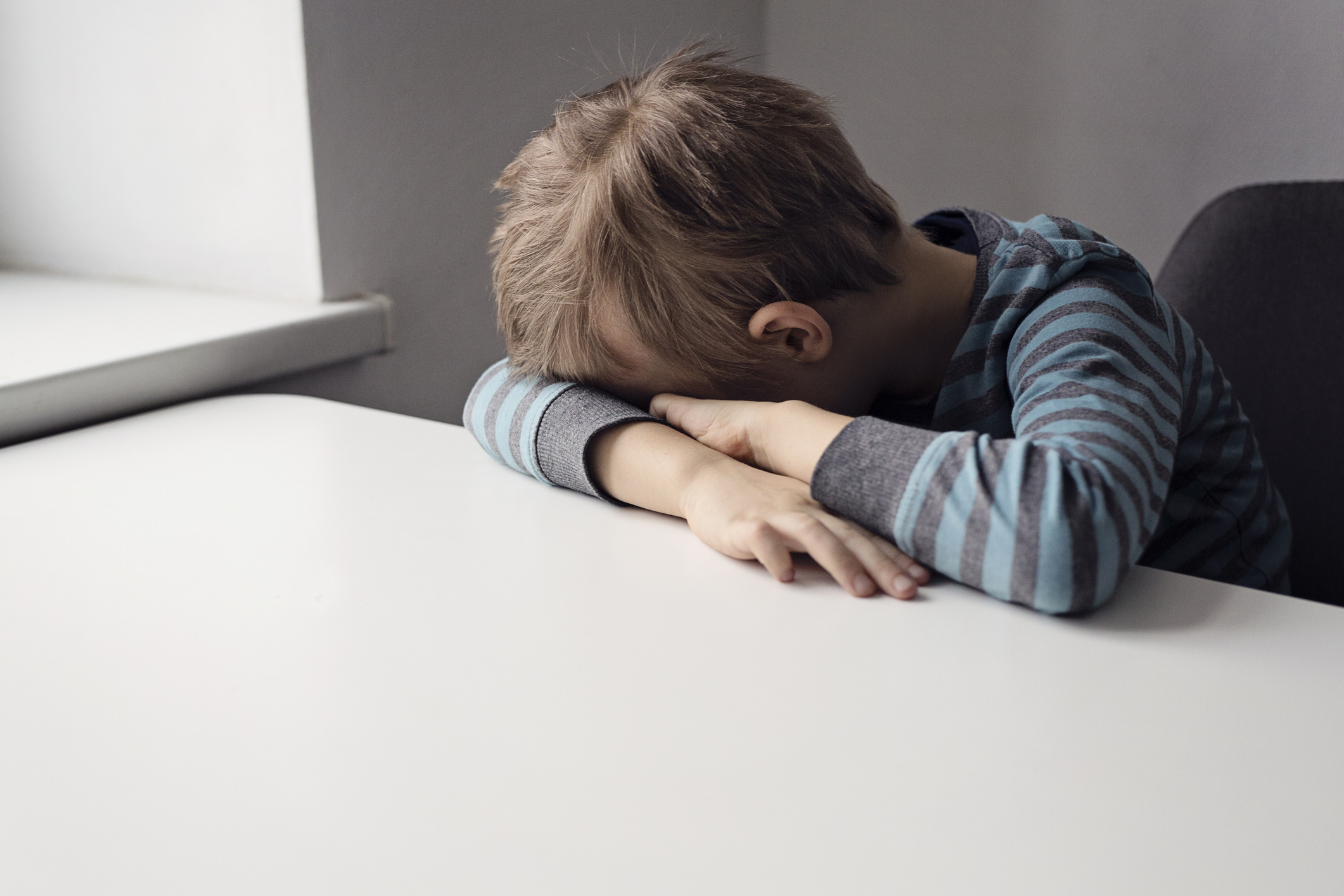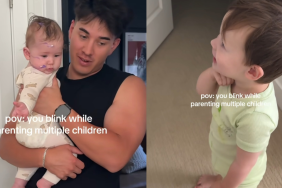We used to associate bullying with middle school and high school kids giving each other wedgies or stuffing one another in lockers. We say this not to minimize what is a very serious issue that can often have long-lasting effects well into adulthood, but to point out how times have very much changed. Social media is an obvious reason why. Children younger and younger are getting adapt at using various apps, but that withstanding it’s not uncommon to hear about serious bullying in school happening as early as preschool – and we’re not talking about toddlers biting (which is actually a relatively common part of development), but rather when a child is consistently being teased, left out or finds themselves the victim of physical aggression.
“I recommend parents teach their children how to approach the bully firmly,” says Dr. Amna Husain, a board-certified pediatrician and the founder of Pure Direct Pediatrics. “For instance, looking a bully in the eye, standing tall and trying to stay calm, or walking away and not feeling affected. However, just telling your child to do and say these things is not enough. They may need practice, so teach your child when and how to ask for help. Support the activities that interest your child which may be team sports or social clubs and always encourage your child to make friends with other children to help avoid feeling lonely.”

It’s worth talking to your child’s teacher or counselor about the situation if the bullying in school doesn’t stop. Your child should feel secure that you, as a parent, are doing something to make the situation better. “You might not want to get involved because you think your child will be embarrassed, but you also don’t want your child’s physical or mental health to be negatively affected,” says Dr. Husain. “It’s worth talking to your pediatrician in case your child will benefit from a discussion with a therapist if the bullying has been going on for long periods of time or is having a dramatic effect on your child.” Make sure you book a private meeting with your child’s teacher and that you leave that meeting with a plan of action.
It’s also important to highlight that bullying doesn’t always only happen at school, it can happen at home. “Siblings can bully younger or even older siblings,” says Dr. Husain. Here too there are measures parents should take. “Tell your child not to react and not to give in to his or her demands as bullies often try to get their victim to cry and become visibly upset. Your child should try to remain calm and walk away or tell an adult what’s going on as soon as possible. However, if your child’s attempts to ignore the bully are not effective, you should recommend to your child to face the bully with a strong statement like ‘if you keep on bothering me, I’m going to report you’ or ‘I’ll talk to you but I’m not going to fight.'”
As for gender, bullying doesn’t discriminate. “Both girls and boys can be bullies. Bullies target children physically, verbally or even socially,” says Dr. Husain. “Not all children will talk about bullying and parents can pick up subtle clues by asking open-ended questions like ‘How are things going at school?,’ ‘What do you think of the other kids in your class?'” Cyberbullying is especially tricky as inflicted wounds are not visible, so always make sure you have a dialogue going on.








